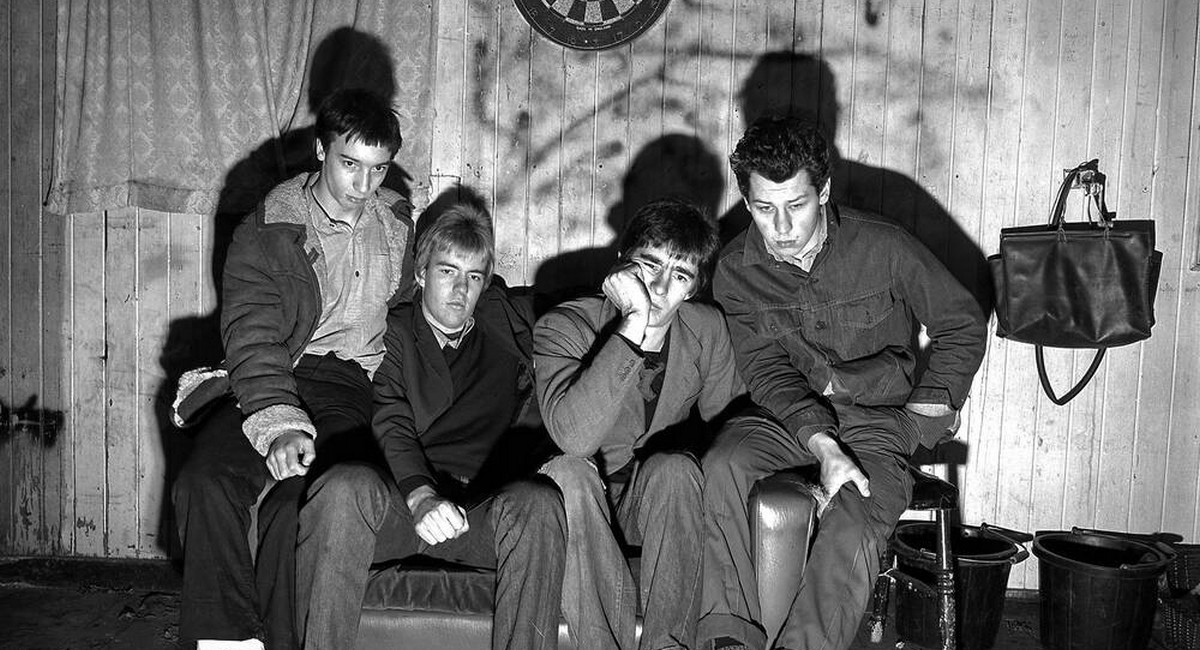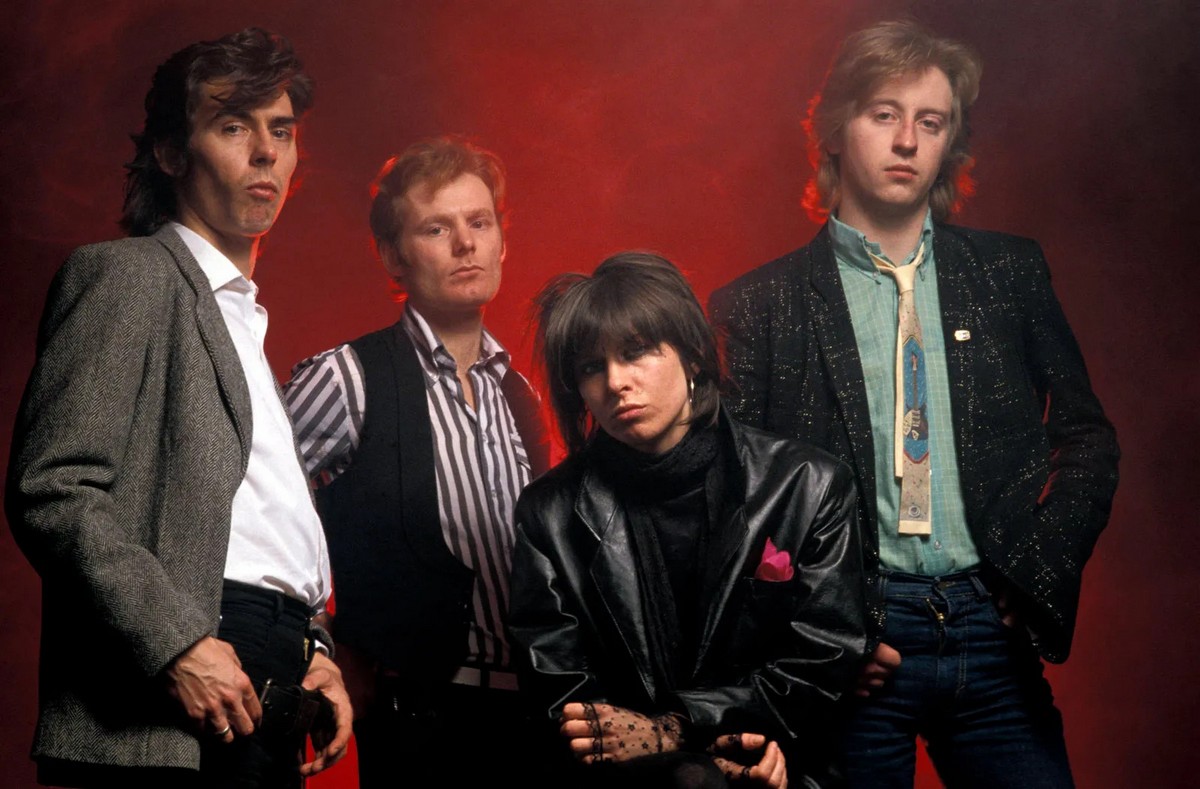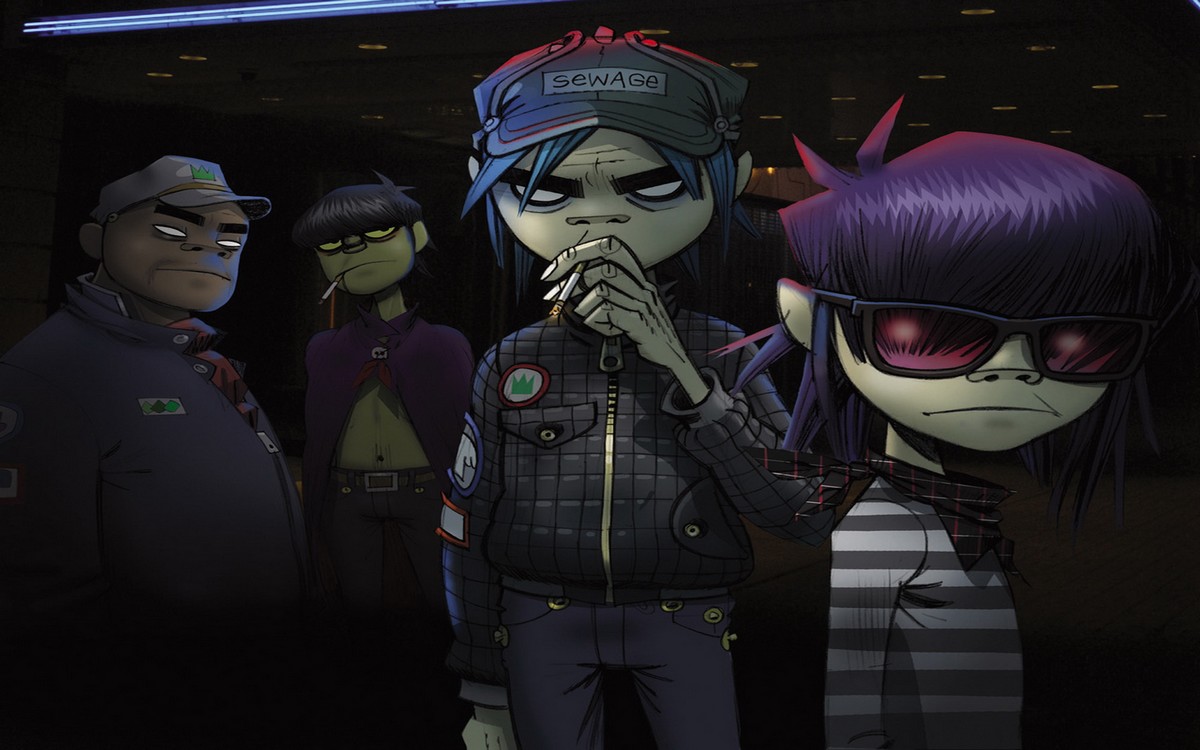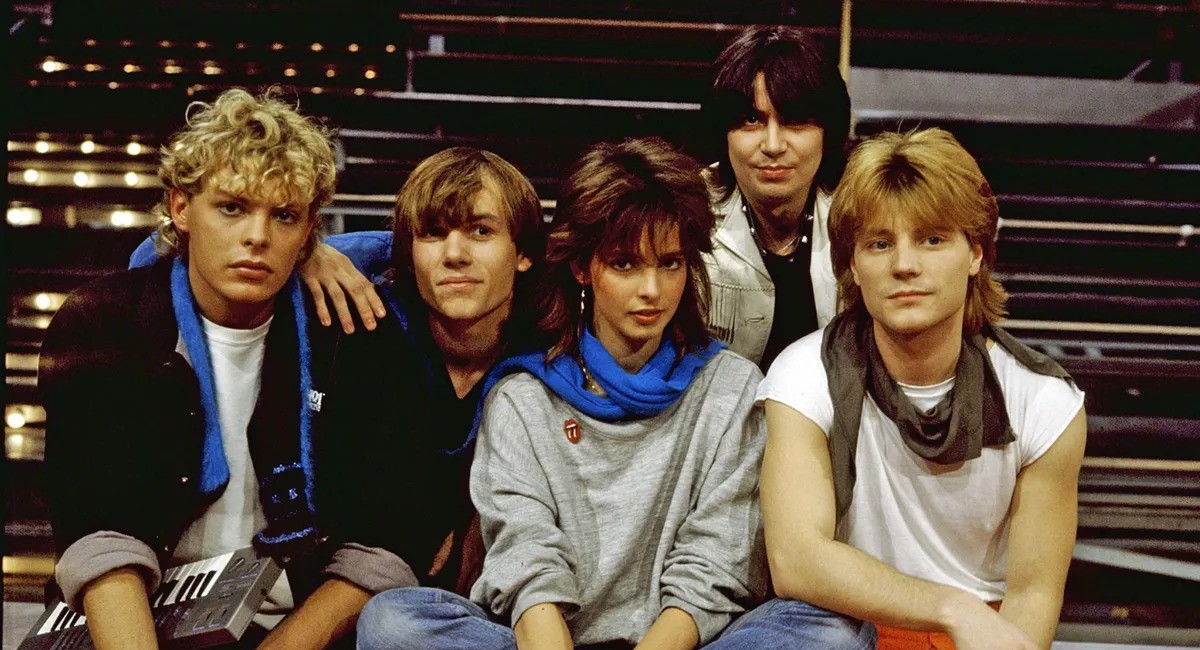A new wave of darkness
It starts with a heartbeat covered in static; Angel’s doorway creaks open to reveal a world where stress turns into rhythm and texture takes the place of song. Mezzanine helped Massive Attack enter a more profound sound structure built of corrosion and shadow, slow-burning frequencies, and sculpted silence. Already famous for their previous creations, the Bristol collective chose a road that stretched their color range into fresh domains. Constructed on a base that throbs like the bloodstream of a sleepless city, layers of dub, post-punk, and ambient drift meet with film-like accuracy. Every song seems to breathe on its own, transporting the listener into a world dependent on density, intimacy, and power.
Mezzanine’s sessions were very immersive and grueling. Del Naja’s interest in digital sampling turned guitar, percussion and noise fragments into something fresh, something sculptable. Each bar in Risingson crashes like an inward wall; Inertia Creeps dances on the edge of control, led by Eastern scales and a vocal that ripples like steam under pressure. The record’s DNA shows the influence of bands like The Cure and PIL, but the arrangement stays certainly Massive Attack—patient, exact and layered with purpose.
Like a gift from the ether, Teardrop appeared. First planned for another artist, the song found its proper voice via Elizabeth Fraser, who molded it into something eternal and human. Surrounded by filtered beats, Rhodes chords, and an undertone of emotional weight, her voice softly ascends through the mix. Carrying the weight of memory and change, the atmosphere surrounding the track reverberates throughout decades of music molded by its elegance. There is nothing hurried, nothing enforced. The song floats sustained by sheer power of presence.
Massive Attack use contrast as their major language throughout the album. Amid the thick currents of the record, Horace Andy’s works offer a mild mooring. In Man Next Door, his delivery crafts a sonic story that feels both universal and strongly personal as it traverses echo chambers and warped textures. Track like Black Milk and Group Four, meanwhile, develops with deliberate progression and exposes new elements with each listen—like changing light passing through stained glass. This music has ritual not in repetition but rather in revelation.
It was a chrysalis moment. We were trying to emerge as something different. We had gone through that whole ‘90s thing of being the new kids on the block and becoming part of this movement called trip-hop, which was like a small satellite feeding off Britpop. And none of us felt a part of that. We just wanted to firmly establish our own identity.
(Robert Del Naja, Wallpaper, 2018)
Mezzanine’s identity depends in large part on its visual design. The layered ambiguity of the music is reflected in the artwork selected—minimal, biological, somewhat unsettling. Inviting viewers into their created worlds, the band turned their stage performances into audio-visual installations. No sudden gestures, no spectacle for the cause of spectacle. Simply perfectly planned immersion, when every light and sound supports a more profound emotional truth.
Released in 1998, Mezzanine provided fresh ideas at the exact time when many people believed the decade had already exhausted its musical possibilities. Massive Attack showed how tension and serenity may live together in the same breath, introducing decay into beauty. Their impact reaches far and wide, in Burial’s introspective beats, in Kid A’s orchestrated sadness, in the ambient experiments of modern producers who create whole worlds from dissonance and breath. This record did not go a path. One was produced here.
Mezzanine keeps its exceptional intensity and balance. It acts as a complete statement rather than a reaction or a commentary. Every element fulfills a purpose; every minute opens toward something bigger. It invites whole immersion, total surrender. Without hooks or heights, it provides something more durable: a feeling architecture, a sonic sunset that grows over time. Mezzanine asserts a position in contemporary music history no other album entirely claims.





